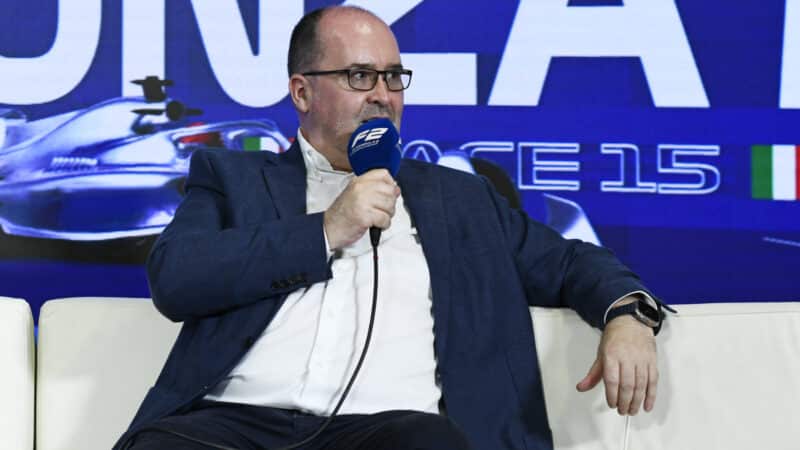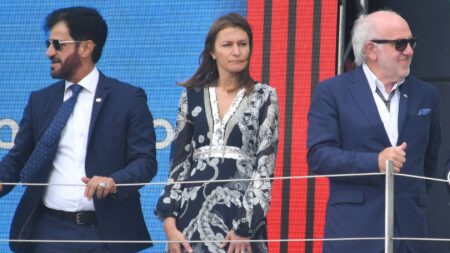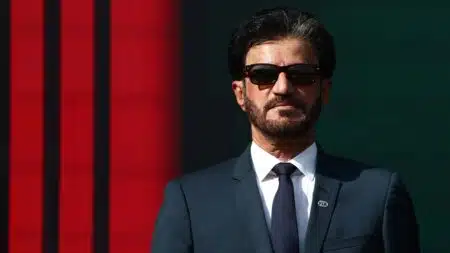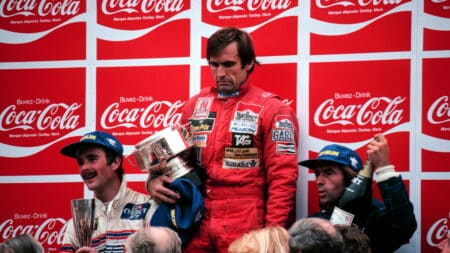“It is interesting, but not wholly surprising, that many of those messages of support came with the caveat of not being willing to say anything publicly for fear of retaliation, which highlights some of the issues we face.
“From other quarters the silence has been deafening.
“As I said in my initial statement, my decision to resign was not about personalities or politics. It was about principles. I took on this role with a clear mandate: to help lead a transparent, accountable, and member-led federation. While some early progress was made, I ultimately found myself unable to continue within a system that no longer reflected the standards I believe the FIA must uphold.”
He continued: “I spoke up when I felt fundamental principles were being eroded. I did so respectfully, constructively, and always with the aim of safeguarding the integrity of our sport. But doing so came at a cost.
“It became clear that raising legitimate concerns was not always welcomed and I experienced first-hand how challenging the status quo can lead to exclusion rather than dialogue. I don’t regret speaking up. But I do believe I was treated unfairly for doing so.
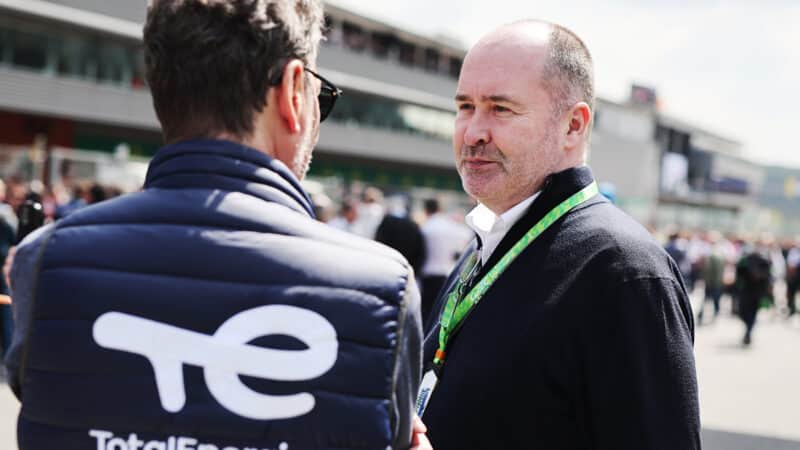
Reid was one of Ben Suyalem’s key allies during his election campaign
“Leadership matters. Governance matters. And trust, once lost, is hard to rebuild. If motorsport is to remain credible and thrive into the future, it must be governed not by control, but by collaboration. Not by silence, but by accountability.”
Reid, as well as Motorsport UK chairman David Richards, was barred from joining a World Motor Sport Council meeting chaired by Ben Sulayem in February because they had refused to sign a non-discourse agreement (NDA).
In his Substack post, Reid said he never refused to sign the NDA, but rather that he wanted to seek legal advice before signing it.
He says the FIA refused to extend the deadline to allow him to do that and that, 10 days later, access to his FIA emails was disabled without warning.
“I fully support the need for confidentiality and have personally been deeply frustrated at the number of leaks that undermine trust and effective governance,” he explained.
